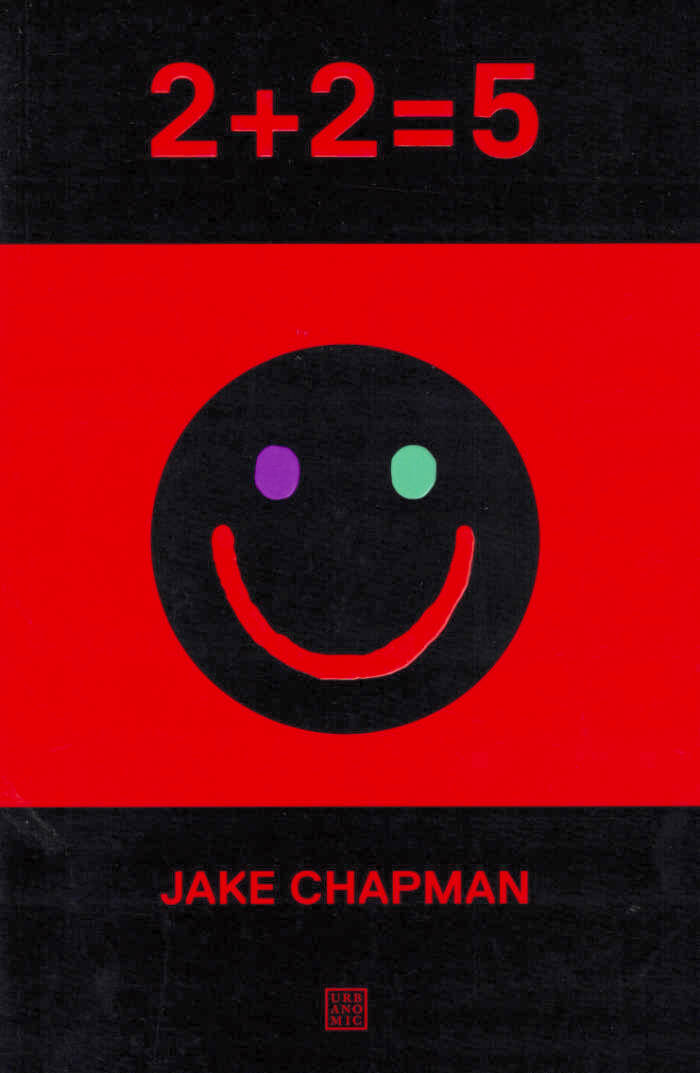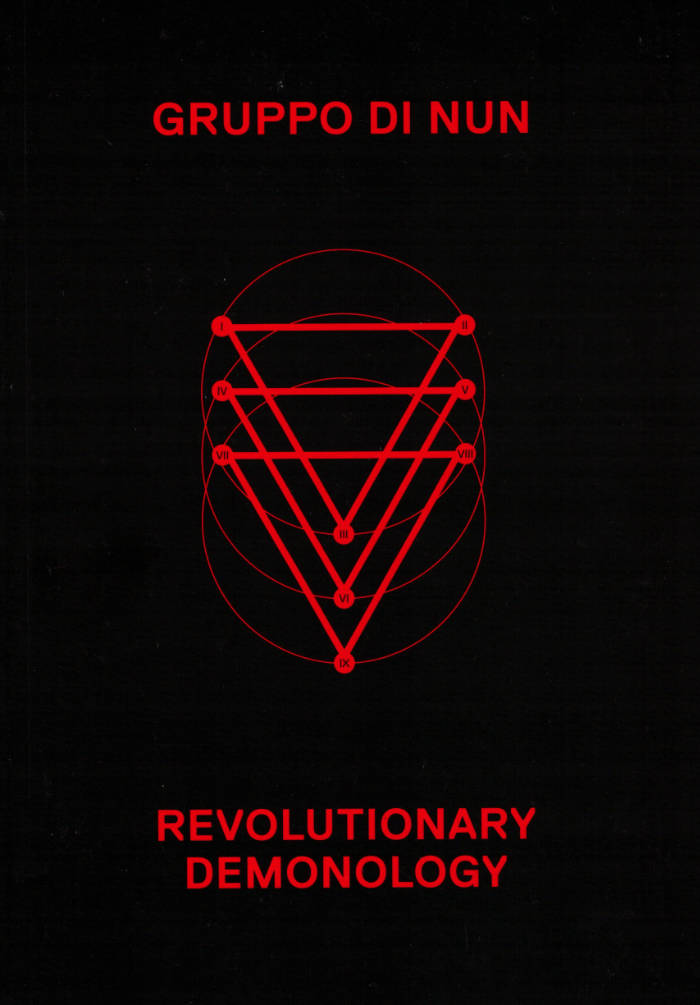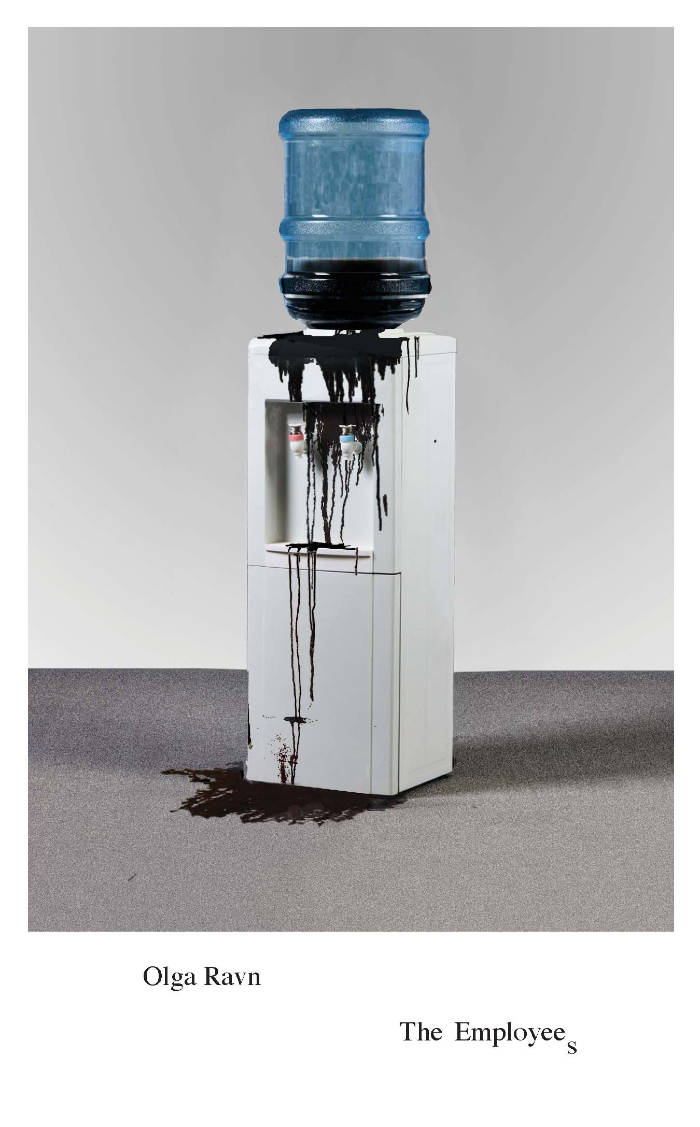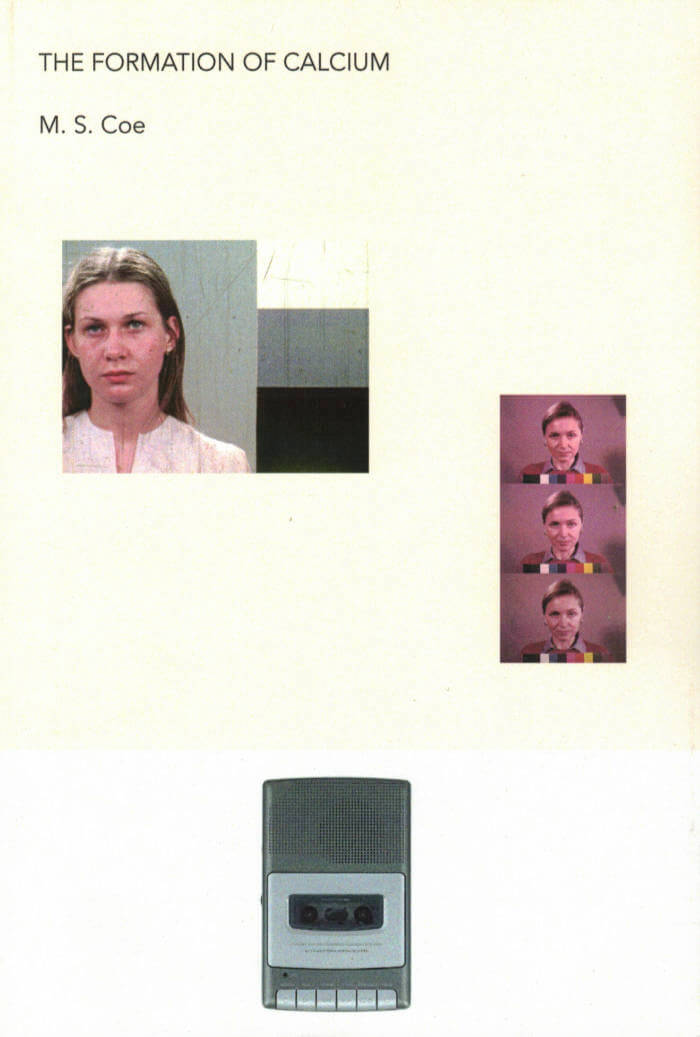
2+2=5
With 2+2=5, George Orwell's flawed masterpiece finally receives a much-needed rectification, as Jake Chapman takes us on a bad trip into an atrocious alt-Eurasia - a nightmare utopia of 24/7 self-expression, mandatory wellbeing, yogic breathing, and promiscuous empathy. Yippie wonks in open-toed sandals have ejected the evil capitalist overlords, compassion and charity reign supreme, buckwheat salad and artisan cashew cheese are in plentiful supply, and all strive to live their best life, all the time.
Employed by the Ministry to rectify misfortunes issuing from a curious glitch in the system, Winston Smith finds that his creative urges are unexpectedly awoken, and he is driven to express his deepest place, voice, and hurt through the medium of poetry. But what connects Winston's furtive scribblings in My Big Book of Me to the unpleasantnesses emanating from the deep glitch? Is Julia really the perfect kooky carefree soulmate she seems to be? Can O'Brien be trusted? And when does the new season of Big Brother start?
An all-you-can-eat quinoa buffet of wrongthink, Chapman's twisted vision is a bracing reminder that dystopia is just wishful thinking, and that the worst can always get worster.
Language: English






